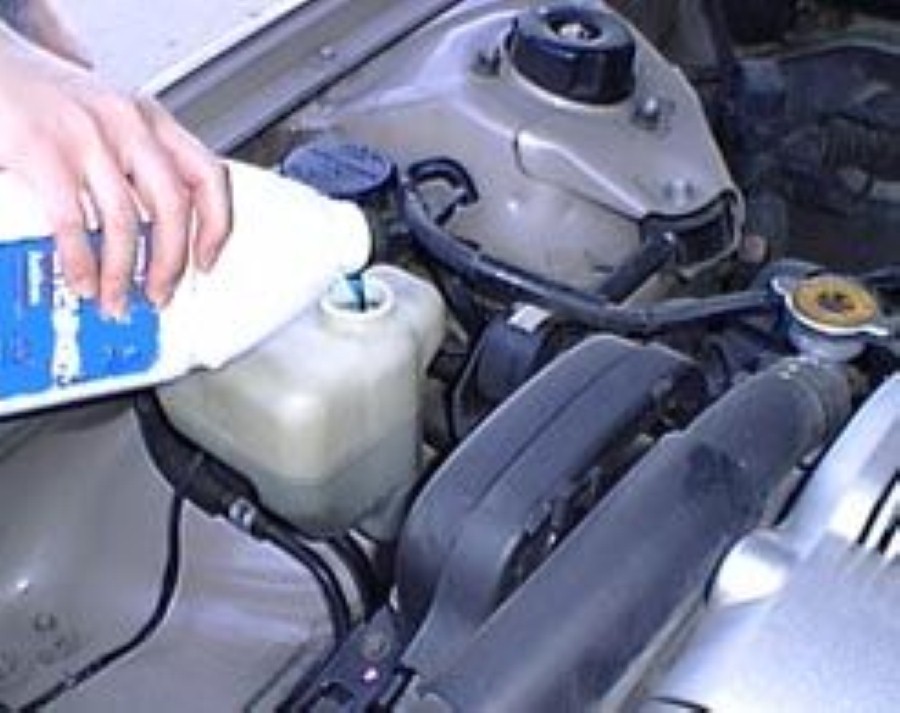Two-thirds of motorists don’t know which antifreeze and coolant products to use for their cars, claims new research.
A large proportion of motorists are leaving themselves at risk of damaging their car, or worse, because they don’t know which antifreeze and coolant to use, according to new research from Cosan Lubricants.
Significant changes in engine technology and increasingly stringent environmental legislation have led to antifreeze and coolants becoming model-specific, which means generic one-size-fits-all products are hard to find.
Just like putting the wrong fuel into a car can cause damage, using the wrong fluids can lead to overheating, corrosion, failure of engine components and possible invalidation of a vehicle’s warranty – all of which can be expensive to remedy.
The survey, undertaken on behalf of Mobil, revealed that more than 83 per cent of UK motorists are oblivious to the functions antifreeze and coolants play in their cars and a further 65 per cent admitted they did not know which products to purchase for their vehicles.
Although water is used to keep the inner workings of a car cool to prevent overheating, it falls down when the temperatures drop to below its freezing point, turning it to ice. Antifreeze – a mix of ethylene glycol and water – lowers the temperature of the coolant, allowing it to keep the engine cooler even in arctic conditions.
Cosan Lubricants spokesman, Mike Bewsey, said: “Many people take the view that replacing antifreeze and coolant with a product that is the same colour will suffice. But that is not true and could result in expensive damage and an unwanted garage bill.”
Carmakers have been designing vehicles with improved fuel efficiency and lower emissions, which is both good for the owner’s pocket and the environment. This has subsequently led to manufacturers developing fluids specifically for their own cars, meaning antifreeze and coolant products have become less generic.
Engines have become more sophisticated, putting pressure on operating conditions, which means more is demanded from vehicle cooling systems. Universal products are now failing to address the needs of cars, making it all the more important that motorists check which fluids they should be using.
Posted by Emma George
